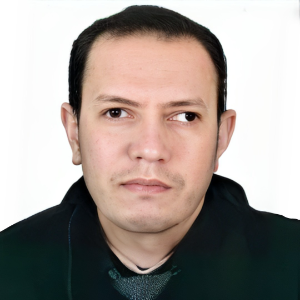Title : The sustained overexpression of c-myc enhances ablation of c-Met/EGFR signaling and progression of liver carcinogenesis in the c-Myc mouse model of liver cancer and in HepG2 cells
Abstract:
The expression of c-Myc, at both gene and protein levels, has been reported in hepatocellular carcinoma (HCC) and different tissue tumors. This protein functions in the control of cellular mass, differentiation, and apoptosis. To better understand the relationship between mitogenic stimulation of hepatocytes and c-Myc activity, a transgenic mouse model of HCC was investigated. Notably, the c-Myc transgene and protein were increased by up to 35-fold in HCC. A time-dependent degradation of the epidermal growth factor receptor (EGFR) was noted with nearly complete loss of this receptor in HCC, despite that the EGF itself was increased. The expression of associated mitogen-activated protein kinases remained unchanged, apart from p-Erk signaling, which was strongly induced. Moreover, dual specific phosphatase 6 (DUSP6) and Ppar?, which inhibit pErk activity, remained at their basal levels. The expression of c- Met receptor and hepatic growth factor was reduced as was that of cyclin D1 and members of TGFß signaling, i.e. Smad 2/3 and Smad 6/7. However, Pcna and transforming growth factors beta were increased suggesting that c-Myc promotes cell cycle progression. This agrees with reduced pro-apoptotic Fas and p53 activity. To investigate the causes of EGFR degradation, the ubiquitin-ligase Nedd4-1 was studied. This protein ubiquinates activated Cdc-42-associated tyrosine kinase (ACK), and when bound to the EGFR, it facilitates its degradation in the presence of EGF. Notably, in HCC, Nedd4-1 and EGF were induced, while ACK and the mutant variant of ACK were reduced. This suggests successful degradation of ACK to provide a molecular rationale for EGFR degradation, and, consequently, maintain a highly differentiated HCC. Taken collectively, these results revealed that using anti-c-myc drugs in HCC may be a promising as anti-cancer strategy and need further research.




